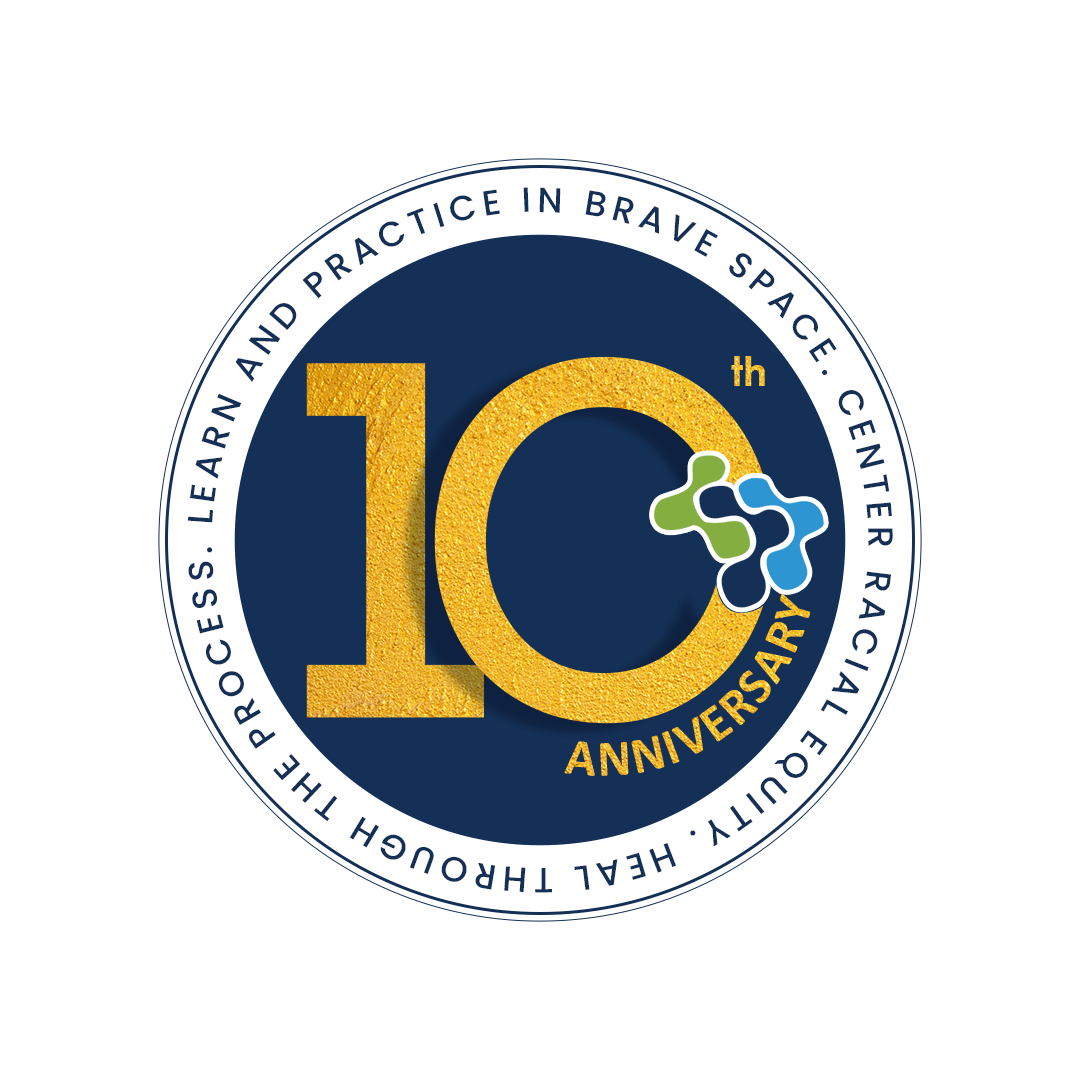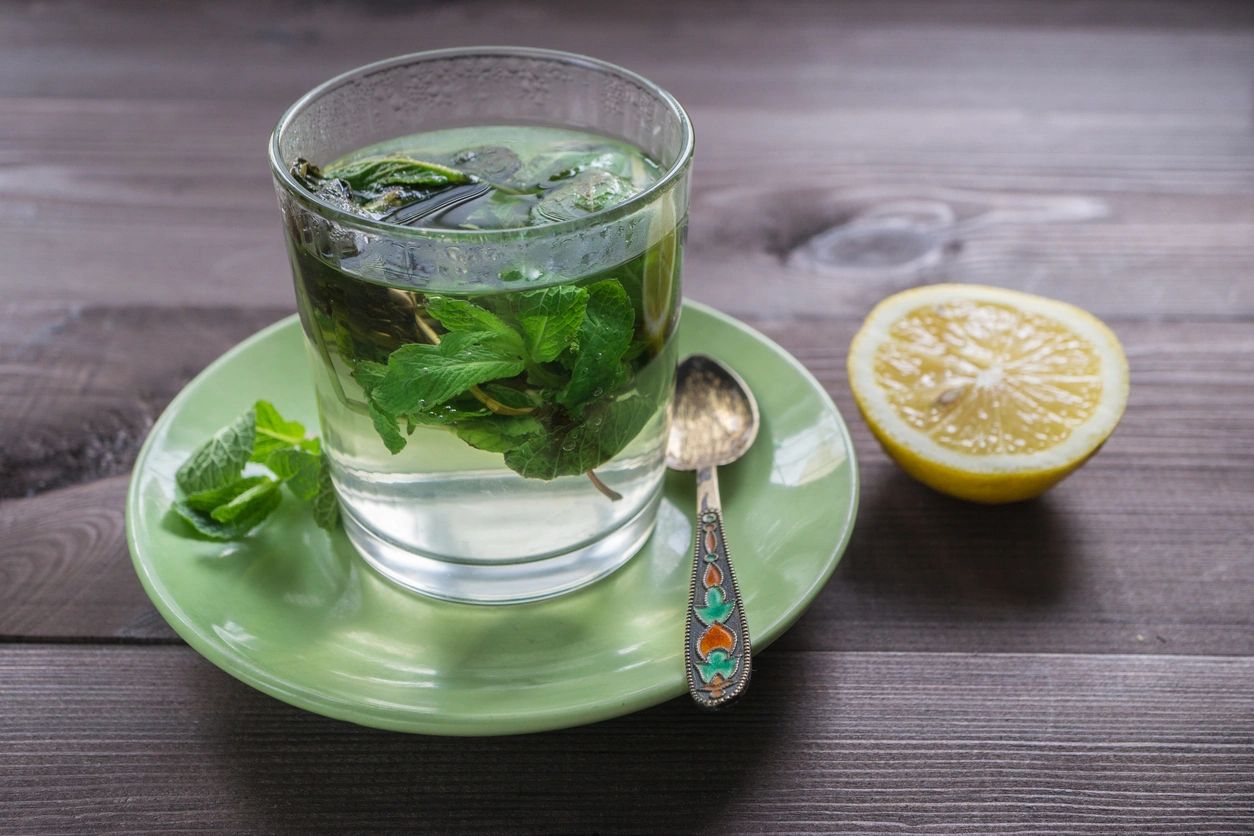When you hear the term “self-care” what images come to mind? Most often I hear responses along the lines of a bubble bath, uninterrupted time to binge watch a favorite show, getting nails done, or an afternoon nap. Yes, these can all be forms of self-care however to get the most benefit from any self-care routine, practices should be implemented with conscious intention. A great first step to any conscious practice is clarity. In this blog I’ll share with you my definition of self-care, and offer a few ideas on how to more consciously implement your self-care practices by being aware of how and where you are applying them.
My working definition of self-care is the practice of taking an active role in protecting one’s own well-being and happiness, especially during periods of stress. When beginning or deepening a self-care practice, I recommend starting to look at what your current self-care practices are in these four categories: emotional, physical, spiritual and mental. Note that these aren’t the only aspects or categories of self-care. Self-care can be more specialized as your needs expand; however, these are basic categories of care that most people need to manage on a regular (if not daily) basis and therefore are a good place to start. Here are some working definitions for each category:
| Emotional Self-Care | The practice of becoming aware of and intentionally integrating the “feeling self” (or that part of yourself that processes feelings) in service to the overall well-being of the individual. | Example practices could include: Journaling, therapy, time with friends, healthy crying, speaking your truth, coaching. |
| Physical Self-Care | The practice of becoming aware of and developing body-based practices, routines, and basic needs regimens in service to the overall well-being of the individual. | Example practices could include: Nails salon, spa day, regular exercise, dance, healthy eating, regular medical care. |
|
Spiritual Self-care
|
The practice of becoming aware of and cultivating practices, principles and energetic routines or rituals that support the individual human spirit, soul, or life force energy. | Example practices could include: Rituals, religious services, energy practices, inspirational reading, nature, prayer. |
| Mental Self-care |
The practice of becoming aware of and creating practices and checkpoints to ensure the overall psychological and cognitive well-being of the individual. | Example practices could include: Mindfulness/mediation, therapy, saying no to toxic people, places or things, fun. |
In reading the definitions, what thoughts or feelings came up for you? How did the definitions of both self-care and the categories offered shift your understanding of your self-care practices? Did any of them spark curiosity or excitement? If so, take note.
Now that you have more clarity about what self-care could mean for you, let’s do a simple practice that will help you start to think about what you need in each category and how you might continue to work with information to create a self-care plan or group experience.
| Self-Care Category | What am I Currently Doing as Self-care in this Category? | What Do I Know Works for ME (Brings Me Joy and/or Good Results)? | How Many Times Per Week Might I Need a Practice in this Category? |
| Emotional Self-Care |
|||
| Physical Self-Care |
|||
| Spiritual Self-care |
|||
| Mental Self-care |
Answering these questions should have given you an idea of what categories are well supported, and which ones might need a little extra attention. You can formalize your intentions by writing a simple self-care plan. Put your plan into action by placing self-care dates or activities on your schedule.
REMEMBER: Be gentle with yourself and approach your exploration of new practices with curiosity and joy. Congratulations on expanding into a more beautiful life experience.
Need support to expand self-care practices into your organizational culture?
Consider booking a Healing and Emotional Self-Care workshop or retreat with Community Build Ventures for your group or organization. In our workshops, we deep dive into how self-care is not just a best practice, but an essential tool of Healing Justice. We also provide personal and work culture transformation tools to assist you after the journey with us is over. It is a truly powerful experience. For more information you can book a chat with CBV here.
I’d love to hear what self-care practices you decide to implement and how they are working for you. Affirming your highest and greatest good- now and always!
Light and Love,
Neith Sankofa
Healing and Emotional Self-Care Consultant with Community Build Ventures
Follow me and check out my other projects on Instagram or on Facebook


